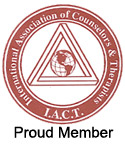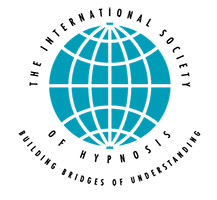
There are hundreds of psycho-therapeutic approaches or schools of thought. The development of new and hybrid approaches continues around the wide variety of theoretical backgrounds. Many practitioners use several approaches in their work and alter their approach based on client need.
Psychoanalytic
It was the first practice to be called psychotherapy. It encourages the verbalization of all the patient's thoughts, including free associations, fantasies, and dreams, from which the analyst formulates the nature of the unconscious conflicts which are causing the patient's symptoms and character problems.
Behavior Therapy
Applied behavior analysis focuses on changing maladaptive patterns of behavior to improve emotional responses, cognitions, and interactions with others.
Cognitive behavioral - generally seeks to identify maladaptive cognition, appraisal, beliefs and reactions with the aim of influencing destructive negative emotions and problematic dysfunctional behaviors.
Psychodynamic
Is a form of depth psychology, whose primary focus is to reveal the unconscious content of a client's psyché in an effort to alleviate psychic tension. Although its roots are in psychoanalysis, psychodynamic therapy tends to be briefer and less intensive than traditional psychoanalysis.
Existential
Is based on the existential belief that human beings are alone in the world. This isolation leads to feelings of meaninglessness, which can be overcome only by creating one's own values and meanings. Existential therapy is philosophically associated with phenomenology.
Humanistic
Emerged in reaction to both behaviorism and psychoanalysis and is therefore known as the Third Force in the development of psychology. It is explicitly concerned with the human context of the development of the individual with an emphasis on subjective meaning, a rejection of determinism, and a concern for positive growth rather than pathology. It posits an inherent human capacity to maximize potential, 'the self-actualizing tendency'. The task of Humanistic therapy is to create a relational environment where this tendency might flourish. Humanistic psychology is philosophically rooted in existentialism.
Brief
"Brief therapy" is an umbrella term for a variety of approaches to psychotherapy. It differs from other schools of therapy in that it emphasizes (1) a focus on a specific problem and (2) direct intervention. It is solution-based rather than problem-oriented. It is less concerned with how a problem arose than with the current factors sustaining it and preventing change.
Systemic
Seeks to address people not at an individual level, as is often the focus of other forms of therapy, but as people in relationship, dealing with the interactions of groups, their patterns and dynamics (includes family therapy & marriage counseling). Community psychology is a type of systemic psychology.
Transpersonal
Addresses the client in the context of a spiritual understanding of consciousness.
Body Psychotherapy
Addresses problems of the mind as being closely correlated with bodily phenomena, including a person's sexuality, musculature, breathing habits, physiology, etc. This therapy may involve massage and other body exercises as well as talking.








